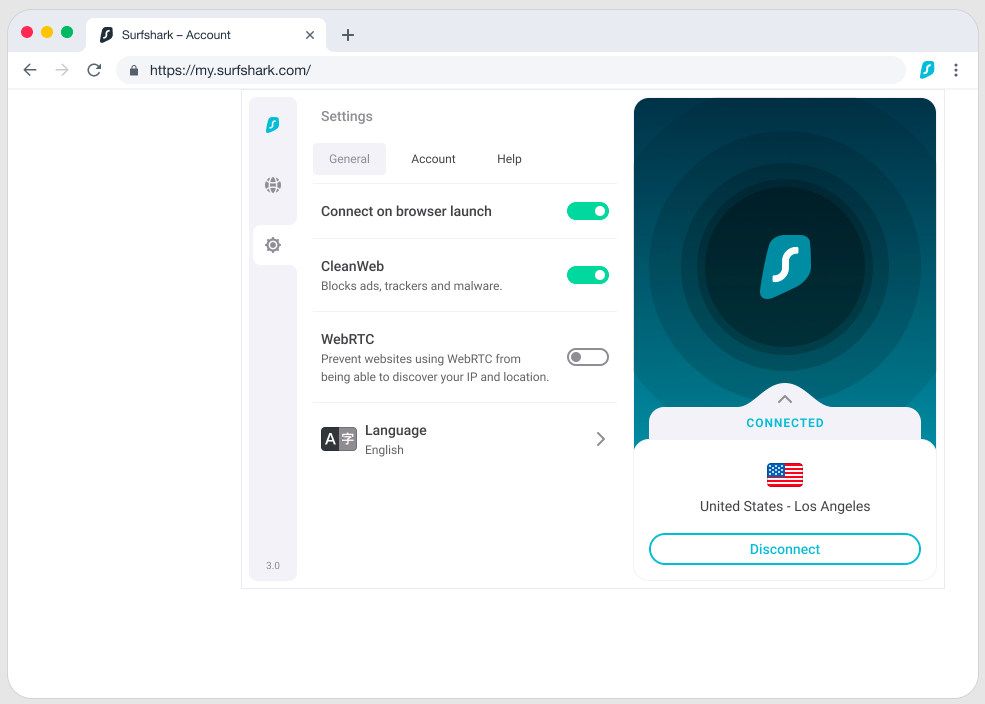There are many ways companies can get a hold of your personal information. This might be voluntarily where you give up your personal information willingly usually in exchange for a product or service. This is a great for both consenting parties. But their are sometimes where a service is needed without any other options and you have to give over your personal information just to be apart of society. This can be annoying but most of the time companies providing these needed services such as banking allow their customers to request to not share data or personal information with third-party companies. This is where data laundering comes into play. Here is a recent post we discussed data laundering but not in detail (link)
Data Laundering
Data laundering is a process in which companies move your data through different companies they own/operate that wouldn’t be considered “Third-party”. When this data is moved they are not under the same scrutiny or rules that the original company guaranteed when you handed over your information in the first place. Thus allowing these alternate companies to profit off of your data without knowledge.
This type of laundering is done for any size of companies, they could be in the fortune 500 list or they could be an LLC that was formed a week ago.
Who data launders?
While we can’t point out specific companies we can name certain industries the are renowned for these type of operations.
Non-Profit’s / Politics
Unethical practices concerning customer data can be observed in both political organizations and non-profits. One such practice involves a lack of transparency regarding data-sharing practices. Organizations often fail to provide clear disclosures about the third parties they share customer data with or the specific purposes for which the data will be used. This lack of transparency can mislead individuals and prevent them from making informed decisions about their personal information. Furthermore, unauthorized data sharing occurs when organizations go beyond the scope of the original consent provided by individuals. This means that customer data is shared with entities or used for purposes that individuals did not explicitly agree too, violating their privacy rights and expectations. Additionally, an unethical approach involves the monetization of customer data. Organizations treat personal information as a commodity, prioritizing financial gain over individual privacy. They may excessively sell or share customer data with multiple third parties without providing appropriate value or benefits to the individuals involved.
Social Media
Unethical practices related to customer data can be observed in the operations of social media companies. One significant concern is the lack of transparency regarding data-sharing practices. Social media platforms often fail to provide clear disclosures about the third parties with whom they share customer data or the specific purposes for which the data will be used. This lack of transparency can mislead users and prevent them from making informed decisions about their personal information. Another concern is unauthorized data sharing, where social media companies share user data beyond the scope of the original consent provided by users. This may involve sharing data with external entities or for purposes that users did not explicitly agree to, infringing upon their privacy rights and expectations. Additionally, the monetization of user data can be considered unethical. Social media companies often prioritize financial gain over individual privacy by excessively selling or sharing user data with third parties without offering sufficient value or benefits to the users involved.
Health
The health industry, like any other sector, should prioritize ethical practices in handling customer data. However, instances have been reported where customer data is sold and used unethically without the knowledge of the individuals involved. In such cases, the health industry may engage in practices such as unauthorized data sales, where customer data is sold to third parties without obtaining explicit consent or informing the customers. This can compromise individuals’ privacy and lead to the misuse or exploitation of their personal health information. Additionally, customer data may be used for purposes beyond what was initially agreed upon or disclosed, infringing upon individuals’ privacy rights and expectations. This can involve sharing data with marketers, insurers, or other entities without the customer’s awareness or understanding of how their data will be utilized. These unethical practices undermine trust and violate privacy principles, emphasizing the need for robust regulations, transparency, and stringent data protection measures to safeguard customer data in the health industry. It is crucial for individuals to be informed and have control over how their health information is used to ensure their privacy is respected.
-
Why BitBox is Great for the New USB-C Age

What is BitBox? Well if your new to the internet or don’t know anything about crypto then this might seem like a magic internet box that is special and only very smart people have. Well yes and no, dumb people can have it to! Having BitBox makes you 99% smarter than the average population but…
-
Can Microsoft read the data in your files?
Companies, Governments and privacy gurus (myself) are becoming 10x more risk averse when it comes to your data. Data that might seem so minute and unimportant can be used to identify you in a second. It could reveal your location, your age and even when you are going to the bathroom. So you can see…
-
How to Remove Metadata from your Photos
Metadata is a huge culprit when it comes to privacy online. Anything you create or post online has some kind of Metadata that can reveal a number of things about where this data is coming from. Metadata main purpose is to not reveal information about you but it’s their so the programs processing this information…

